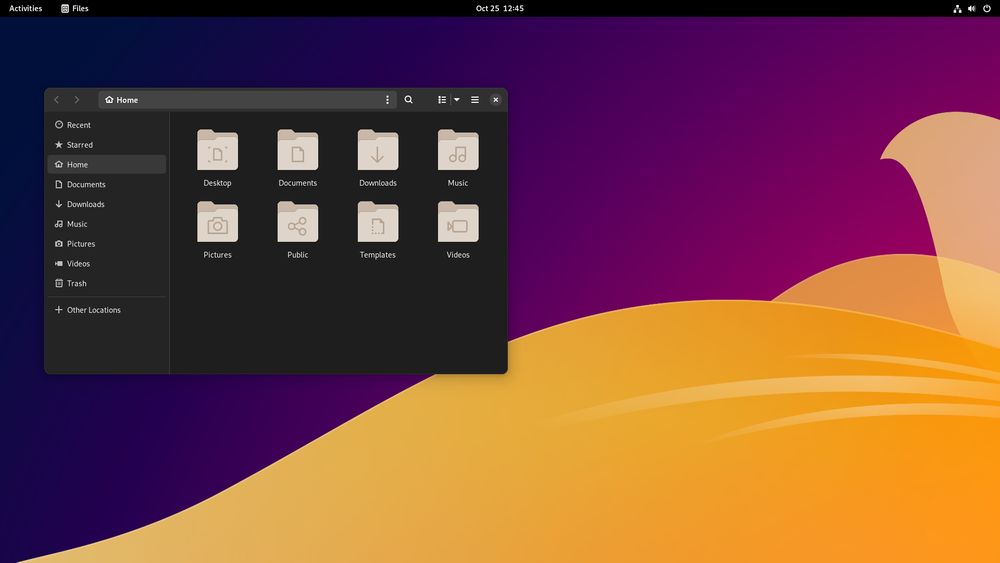
The relatively new Vanilla OS will be based on Debian Sid in the next version, the project’s developers have announced. Currently, the Linux distribution is based on Ubuntu but Vanilla OS’s developers have decided to make the switch as they have identified several good reasons to use Debian over Ubuntu, such as greater flexibility.
The first reason outlined was that Debian uses a less modified GNOME Shell and the Vanilla OS team wants their distribution to use a vanilla version of GNOME. By switching to Debian, the Vanilla OS developers will not have to undo the changes Canonical has made which they describe as “time-consuming”.
Another reason cited is Ubuntu’s heavy use of snap packages. The Vanilla OS developers said that snaps have several issues including slow startups and centralization. Instead, they would prefer to use flatpaks primarily as these are more open and used by a wider array of Linux distributions. There were also technical problems with snap packages which caused some not to work properly in Vanilla OS.
Finally, by switching to Debian, the Vanilla OS team believe they have more control over how to release updates. Before, they had to follow the Ubuntu release cycle but by switching to Debian Sid they can push releases when they think they’re ready.
If this is the first time you’ve heard about Vanilla OS, it’s a new Linux distribution that comes with an immutable core. This ensures that you’re protected from unwanted changes and corruption to important system files which should make your system more stable and secure. For apps, it supports Flatpak, Snap, and AppImage to ensure you’re always running the latest versions of apps and as mentioned earlier, it comes with a vanilla version of GNOME – great if you’re a fan of that desktop environment.
- aum
-

 1
1



3175x175(CURRENT).thumb.jpg.b05acc060982b36f5891ba728e6d953c.jpg)
Recommended Comments
There are no comments to display.
Join the conversation
You can post now and register later. If you have an account, sign in now to post with your account.
Note: Your post will require moderator approval before it will be visible.